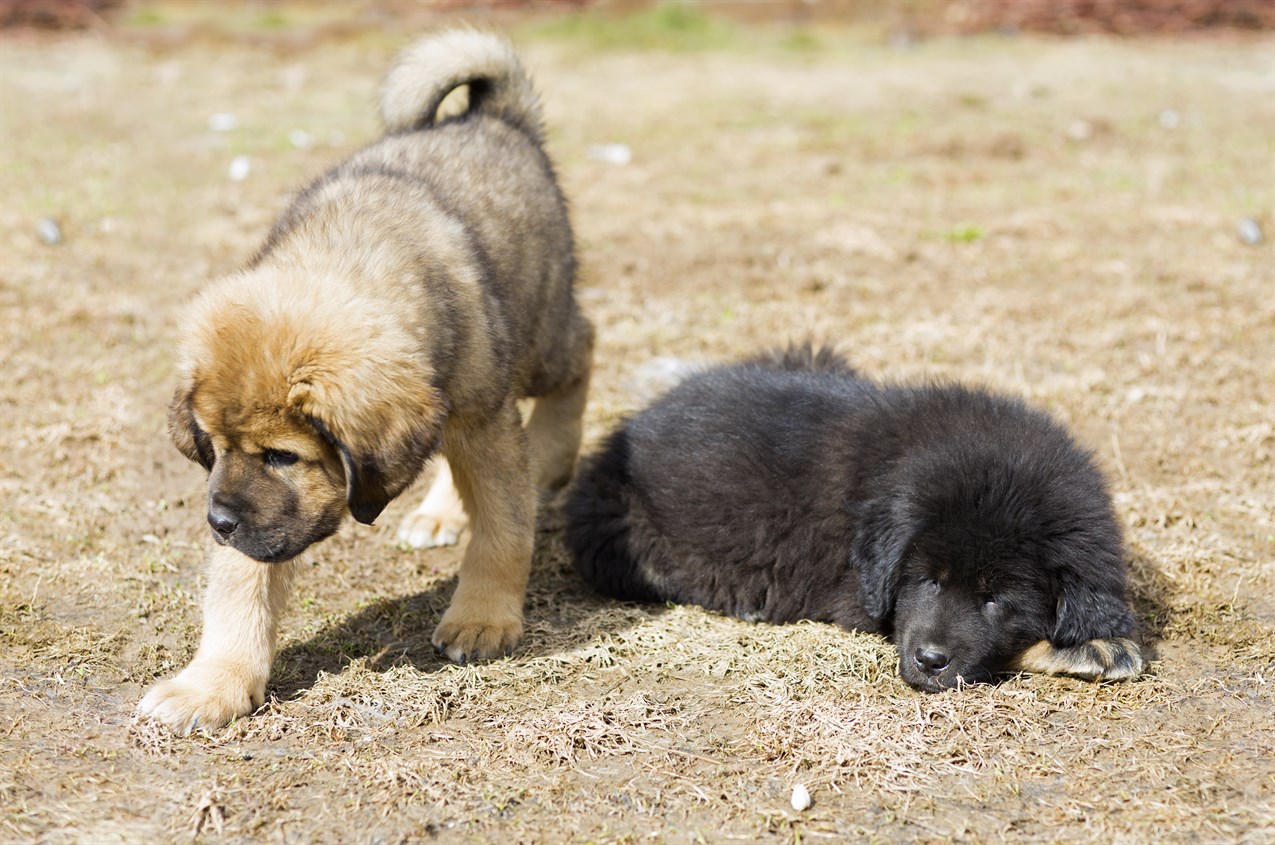Barking Habits of the Tibetan Mastiff

Tibetan Mastiffs are known for their impressive guarding and protective instincts. These instincts can manifest in various ways, including their barking habits. Understanding their barking tendencies is essential for potential owners and can help manage their behaviour effectively.
Alertness and Watchfulness
Tibetan Mastiffs are naturally alert and watchful dogs. They have been bred for centuries to guard livestock and properties in the Himalayan region. As a result, they are often quick to alert their owners to potential threats or unusual sounds.
Barking as a Warning
Tibetan Mastiffs use barking as a warning signal. They may bark to let their owners know about approaching strangers, unfamiliar animals, or any perceived intrusions into their territory.
Territorial Barking
These dogs are highly territorial. They may bark to assert their dominance over their territory and deter potential threats. This territorial barking is an essential part of their protective nature.
Independence and Judgement
Tibetan Mastiffs are known for their independent nature. Unlike some breeds that may bark continuously, they tend to use their judgement and selectively bark when they believe it's necessary.
Not Excessive Barkers
While Tibetan Mastiffs are protective and may bark to alert their owners, they are not generally considered excessive barkers. They are not prone to barking at every passing car or noise, and they tend to be quieter indoors.
Socialisation Influence
Proper socialisation can help shape a Tibetan Mastiff's barking habits. Early exposure to various people, animals, and situations can help them differentiate between real threats and everyday occurrences.
Training and Management
Training and consistent reinforcement can help manage their barking habits. Teaching them commands like "quiet" or "enough" can be valuable in controlling their vocalisations.
Potential Challenges
Owners should be aware that if not properly managed, Tibetan Mastiffs can become overly protective and develop excessive barking habits. This is why early socialisation and obedience training are essential.
Do Tibetan Mastiffs Bark a Lot?
Tibetan Mastiffs are not typically considered excessive barkers, especially when compared to some other breeds known for their vocal tendencies. However, it's crucial to remember that their barking habits can vary from one dog to another based on their individual temperament, socialisation, and environment.
Some Tibetan Mastiffs may be more vocal and alert than others, particularly in situations where they feel their guarding duties are required. Others may be quieter and more reserved. With proper training and socialisation, you can influence and manage their barking tendencies to ensure they are appropriate and not excessive.
In summary, Tibetan Mastiffs are not known for incessant barking, but their protective instincts may lead them to bark when they perceive a threat or intrusion. Responsible ownership and early training can help strike a balance between their protective nature and peaceful coexistence with neighbours and family.
Tibetan Mastiff puppies for sale
- Find Tibetan Mastiff puppies for sale in ACT
- Find Tibetan Mastiff puppies for sale in NSW
- Find Tibetan Mastiff puppies for sale in NT
- Find Tibetan Mastiff puppies for sale in QLD
- Find Tibetan Mastiff puppies for sale in SA
- Find Tibetan Mastiff puppies for sale in TAS
- Find Tibetan Mastiff puppies for sale in VIC
- Find Tibetan Mastiff puppies for sale in WA